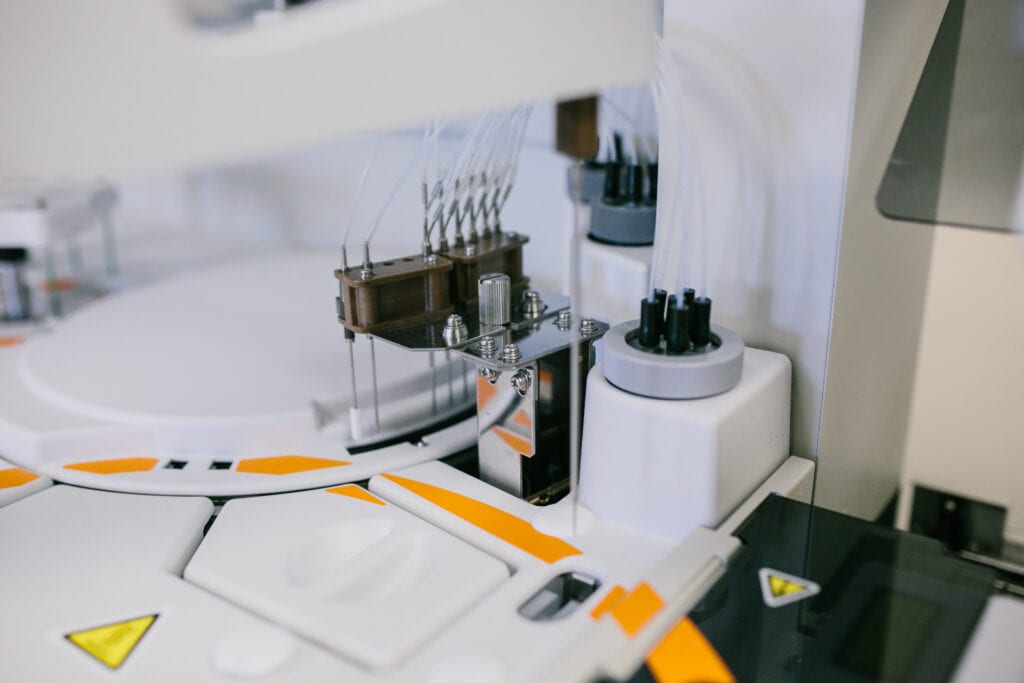Taking care of your pets’ health, regular veterinary testing is a top priority. Advanced veterinary facilities assist in diagnosing illnesses for companion animals.
Throughout this resource, we’ll discuss the role of lab diagnostics and explain their importance.
Understanding Veterinary Labs for Pets
Veterinary laboratories specialize in processing samples to assist veterinarians. These labs rely on specialized equipment to help vets identify problems quickly.

Key roles of veterinary labs include:
- Detecting hidden diseases: Improves recovery chances.
- Tracking chronic diseases: Ensures your pet stays on track.
- Validating health improvements: Helps refine care approaches.
Essential Pet Health Exams
Pet testing services specialize in diverse diagnostics to assess medical conditions. Standard procedures include:
- Blood workups: Monitor immune health.
- Urinary tract exams: Check for diabetes.
- Digestive system diagnostics: Spot infections.
- Dermatological evaluations: Diagnose environmental or food allergies.
- Radiographic testing: Identify hidden abnormalities.
The Benefits of Regular Veterinary Testing
Frequent health screenings is a critical part of pet ownership. With early warning signs identified, your pet can recover more quickly.

Additional benefits include:
- Maximized years with your pet: Detecting and treating conditions early helps pets stay by your side for years.
- Financial benefits of early detection: Avoiding invasive procedures saves you from financial stress.
- Strengthened bond with your pet: You’ll know they’re cared for.
clínica veterinária e laboratório ivdanálise laboratório veterinário
laboratório veterinário santé
Conclusion: The Value of Veterinary Labs for Pet Health
Veterinary laboratories play a critical role in protecting your furry friend’s health. Through consistent diagnostics, you ensure they receive the care they need.
Start today to keep your pets thriving!